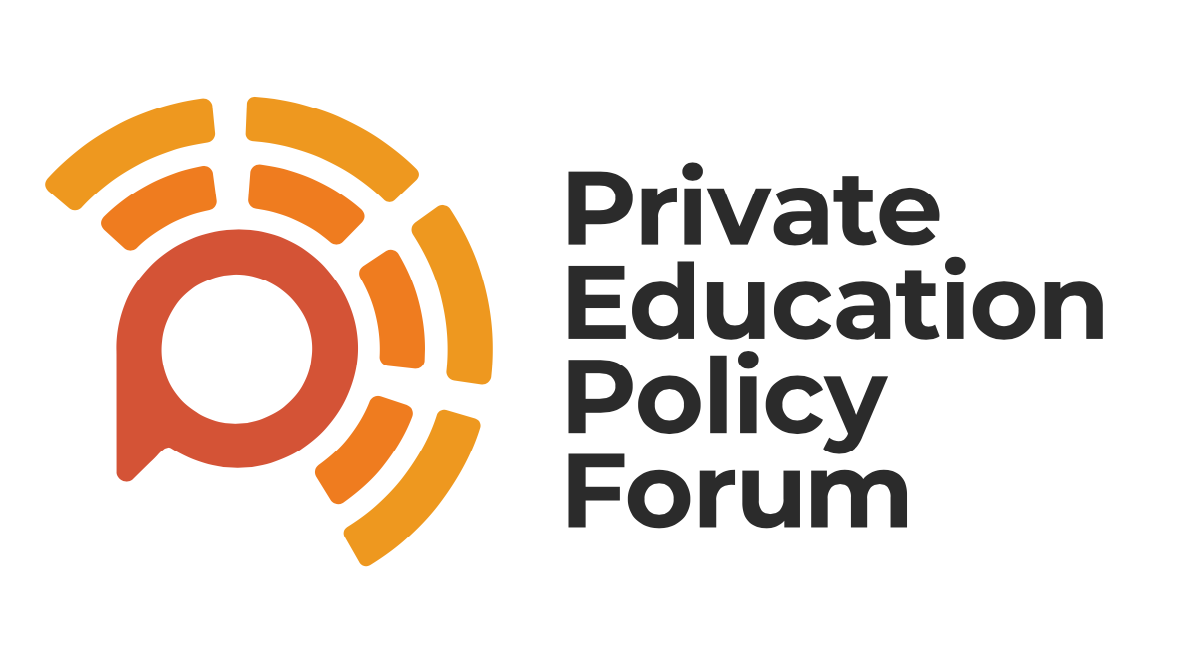
Steven Longden
As a state school teacher I have witnessed the capacity of state education stretched to breaking point over the last 10 years as a consequence of reduced funding and increased costs.
Successive UK governments have continued to subsidise private schools (attended by seven per cent of the nation’s children) through tax exemptions and less regulation.
Meanwhile the Conservative government has cut real-term funding for state schools since 2015.
Children with special educational needs and disabilities (SEND) have been further disadvantaged.
The requirements of the 2014 Children and Families Act for schools to fund the first £6,000 of any Educational Health and Care Plan (EHCP) approved by its local authority have left state schools struggling to make ends meet.
And evidence submitted to the 2019 Timpson Review on school exclusions suggested that this situation, plus the English Baccalaureate and other performance indicators, is likely to have contributed to instances of “off rolling”.
This is the often illegal exclusion of SEND students from state schools in recent years.
To the credit of the same Act, it also widened the eligibility criteria for obtaining an EHCP, leading to significant increases in the numbers of students being formally recognised as having SEND.
This in turn has further increased pressure on local authority SEND budgets and the need for new specialist SEND school places for those whose needs cannot be met in the mainstream state sector.
The government has not increased SEND budgets to cover these additional costs.
‘Poorer terms and conditions’
These push factors have led some parents of SEND students to turn to the private sector, or accept places there because local authorities are prepared to fund them due to the lack of capacity in the state sector.
Of course, for-profit private schools have been moving into the SEND specialist sector for some years now, capitalising on the favourable supply and demand situation.
But the costs of this shift are dear for the taxpayer, costing on average double that of a state SEND school place.
Private schools do not have to operate to the same regulations and standards as state funded schools – they are free to borrow on the open market to invest in buildings, or rent buildings without the regulations most maintained schools and academies face.
But interviewing some colleagues working in private SEND schools, I learnt about poorer terms and conditions in some cases, compared to teachers in the state sector.
One of these teachers in a Greater Manchester for-profit SEND school provided evidence she is paid £12,000 per year less than a colleague with much less responsibility than her working in a state funded SEND school and, unlike him, she has no access to a pension scheme.
Ironically, in this same private school, teachers reported to me that they have no access to performance related pay, despite requesting it, unlike their headteacher who is paid according to performance.
It seems that in this case at least, private sector incentives only stretch to those at the top of the SEND school hierarchy.
It’s a classic example of the private equity firm behind this particular school happy to reward the bosses but not the workers.
Unfortunately, such exploitation is nothing new in the private sector. Contrast that with state funded schools where performance related pay is available for many teachers while most sign up to nationally agreed terms and conditions.
We will of course never know the extent to which terms and conditions vary between state and private schools as the latter are not required to publish them, under the guise of “commercial confidentiality”, despite receiving state funds and subsidies.
‘Increase local authority funding’
So if these schools cost the taxpayer much more per pupil, and are not always great for staff, why do we have them?
In October a parent of a child in a private SEND school wrote anonymously for this website stating that “private schools should not be relied on to fill the gap in state provision”.
That parent is absolutely right. And increasingly, the British public agree.
But the parent also said that if this is the only provision around, we should be protecting private SEND schools from closure.
However this is not a solution, because a race to the bottom in terms of educational standards and teacher terms of conditions does nothing to solve the problem, indeed only makes it worse.
The solution is to remove the private profit motive from the sector and ensure local authorities receive appropriate levels of funding to meet the increasing demands for SEND school places and ensure the per pupil funding is raised to an acceptable standard.
The obstacles put in the way of parents of SEND students and the injustice of underfunding state schools at the expense of private school subsidies and freedoms means that the time to integrate English private schools into the state sector is long overdue.
It will take time, a decade at least. However, the last six months have seen the emergence of Theresa May’s elusive Magic Money Tree. The International Monetary Fund has, increasingly in recent years, accepted the need to borrow to build our economy and at the end of October told our government that it must borrow and spend to support the UK’s post COVID recovery.
So, what precisely is the government waiting for?
There needs to be a large and sustained increase in the early years, schools and further education budgets to reflect this.
This will begin to reduce demand for private school places, including those providing specialist SEND places.
And on top of that, we should stop all private schools charging fees, require them to adopt fair and inclusive admission policies and ensure fair national pay and conditions for teachers they employ.
The majority of British voters are now ready for this shift – they have had ten years to see through the false economies of austerity. Private schools must be stopped from charging fees.
Steven Longden is a state school teacher in Manchester and a Trafford councillor, writing in a personal capacity. He is also an executive member of the Socialist Education Association and founding member of Labour Against Private Schools.




It is inaccurate to use the the term “for profit” to describe private schools. As charities any surplus must be reinvested for the benefit of the charity which could mean upgrading facilities etc.
Hello Sam! Of all private schools, 50 per cent are charities and the rest are run for profit. In case helpful, here is an opinion piece from a researcher studying charitable status: https://www.privateschoolreform.co.uk/opinion/tilly-clough
Also of interest may be this opinion piece from Claire Dorer, CEO of the National Association of Independent Special Schools. She also explains that for half of the schools in the association, they can make a profit:
https://www.privateschoolreform.co.uk/opinion/claire-dorer
Hope helpful! Thanks for contributing.
Best wishes,
PSPR team